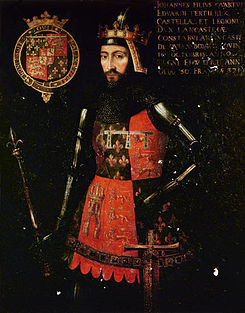English section: Gobbledegook & Officialese
An onomatopoeic word is one that derives its meaning from the sound it makes. The accepted dictionary word ‘gobbledegook’ decidedly comes from the sound made by most poultry animals in the farmyard, especially turkeys. The term evokes unintelligible language, gibberish and nonsense, intentional or unintentional. The former is common in the speech of the under-educated, and in semi-educated writing. The latter is particularly to be found in the works of Edward Lear and Lewis Carroll. Lear used it supremely well in his ‘limericks’ such as this one:
‘There was an old lady of Chertsey,
Who made a remarkable curtsey;
She twirled round and round,
Till she sank underground,
Which distressed the people of Chertsey’. (more…)







